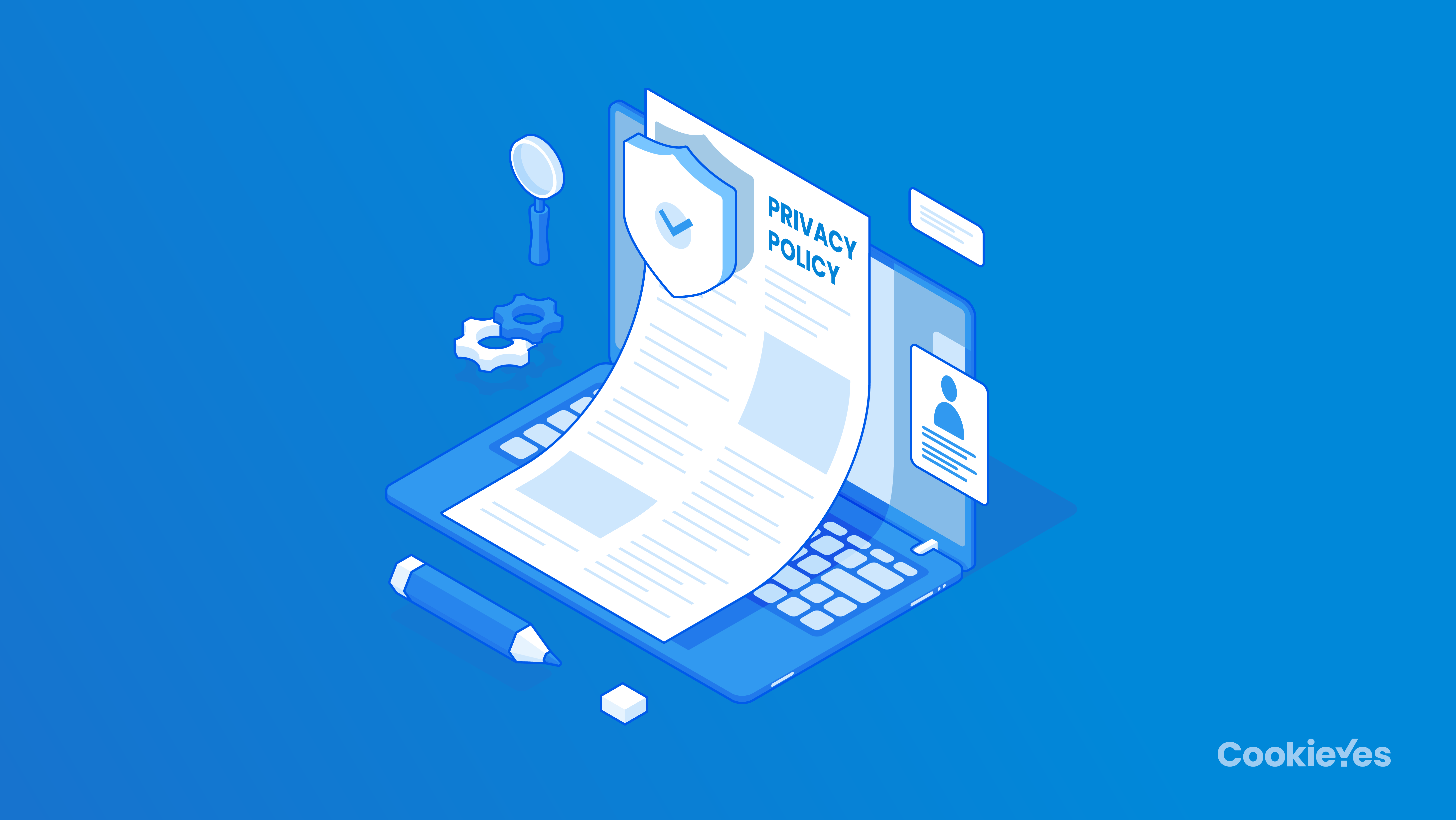Hating Your Job: Psychological Impacts & Tips on Coping
Hating your job can have significant psychological impacts, affecting various aspects of your mental and emotional well-being. Here’s an overview of the potential effects and some tips on coping:
Psychological Impacts of Hating Your Job
- Chronic Stress:
- Symptoms: Constant tension, anxiety, headaches, and fatigue.
- Cause: High workload, lack of control, poor management, or toxic work environment.
- Burnout:
- Symptoms: Emotional exhaustion, detachment, and reduced performance.
- Cause: Prolonged stress, feeling undervalued, and lack of support.
- Depression:
- Symptoms: Persistent sadness, lack of motivation, changes in appetite, and sleep disturbances.
- Cause: Feeling trapped in an unfulfilling role, lack of purpose, and ongoing dissatisfaction.
- Low Self-Esteem:
- Symptoms: Self-doubt, feelings of inadequacy, and lack of confidence.
- Cause: Constant criticism, lack of recognition, and feeling undervalued.
- Social Withdrawal:
- Symptoms: Avoiding social interactions, isolating oneself, and reduced communication.
- Cause: Feeling drained or too stressed to engage with others, both in and out of work.
- Physical Health Problems:
- Symptoms: Increased risk of heart disease, weakened immune system, and digestive issues.
- Cause: Chronic stress leading to physical health deterioration.
Tips on Coping with Job Dissatisfaction
- Identify Specific Issues:
- Pinpoint what exactly you hate about your job. Is it the tasks, the environment, the people, or something else? Understanding the root cause can help you address it more effectively.
- Set Boundaries:
- Establish clear work-life boundaries. Avoid overworking and make time for activities you enjoy outside of work to recharge.
- Practice Self-Care:
- Engage in regular exercise, mindfulness, hobbies, or anything that helps you relax and rejuvenate.
- Seek Support:
- Talk to a trusted friend, family member, or therapist about your feelings. Sometimes, just sharing can alleviate some of the burden.
- Look for Positives:
- Try to find something positive in your job, even if it’s small. Focusing on what you enjoy, or a skill you’re developing, can shift your perspective.
- Explore Career Development:
- If possible, seek opportunities for growth or development within your current role. This could involve learning new skills, taking on different projects, or even seeking a transfer within the company.
- Consider a Job Change:
- If the negative impacts are too significant, it may be time to consider looking for a new job that aligns better with your values, interests, and skills.
- Talk to Your Supervisor:
- If you feel comfortable, discuss your concerns with your supervisor. They might be able to make adjustments to your role or environment.
- Plan for the Future:
- Start planning your exit strategy if you decide that leaving is the best option. Update your resume, network with others, and start applying for jobs that align better with your career goals.
- Develop Coping Strategies:
- Learn stress management techniques such as deep breathing, meditation, or journaling to help manage day-to-day stressors.
When to Seek Professional Help
If your job dissatisfaction is leading to severe mental health issues like anxiety, depression, or if you’re struggling to cope, it’s important to seek help from a mental health professional. They can provide strategies tailored to your situation and help you navigate through this challenging period.














